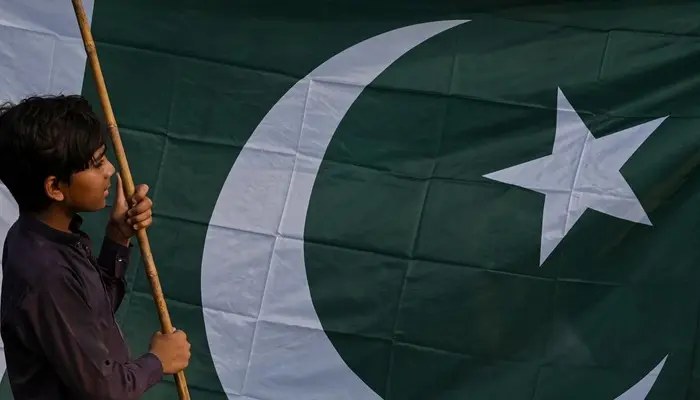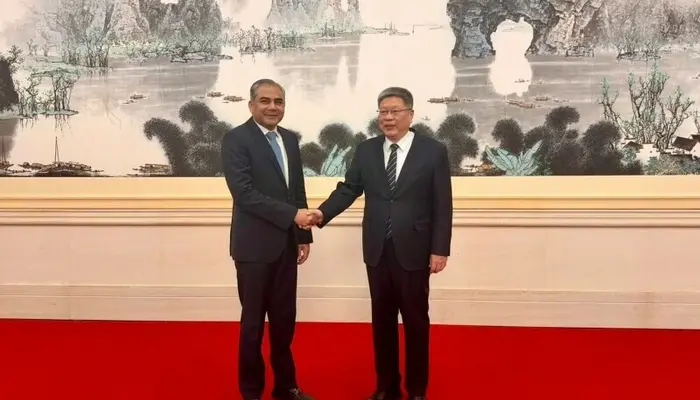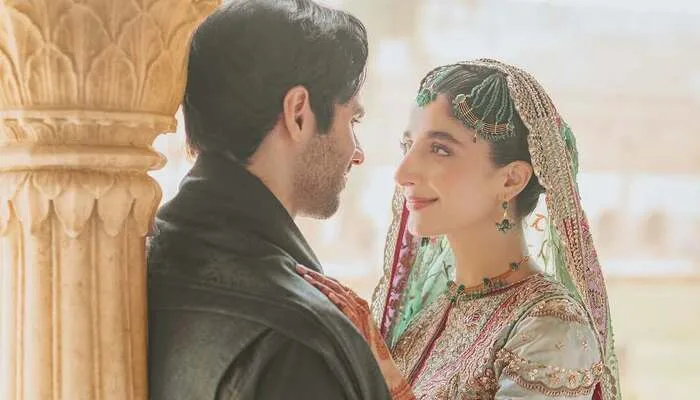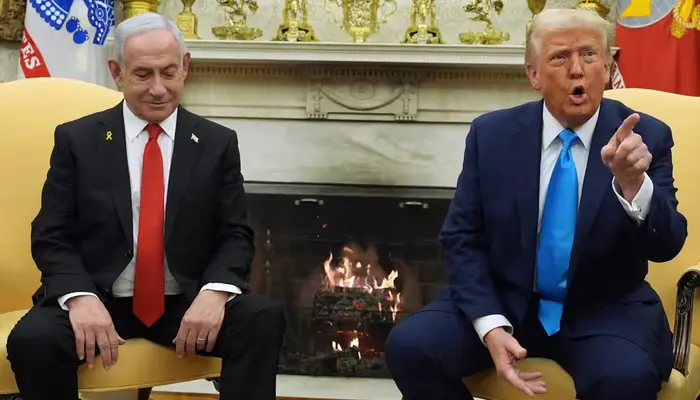
Islamabad: Justice Jamal Mandokhail of the Supreme Court raised a critical question during the hearing of a case regarding the trial of civilians in military courts, asking, “How can a person who is not part of the armed forces fall under the discipline of the armed forces?”
A constitutional bench of the Supreme Court, headed by Justice Aminuddin, heard intra-court appeals against military court decisions. The federal government’s counsel, Khawaja Haris, argued that the court’s decision in the military courts case consists of two parts: one that invalidates certain provisions of the Army Act and another concerning the custody of the accused in military courts.
During the proceedings, Justice Mandokhail remarked that the entire military courts case revolves around Article 8 of the Constitution. He questioned, “How can someone who is not in the armed forces be subjected to its discipline?” In response, Khawaja Haris stated that if the law permits, the discipline can be applied.
Key Questions Raised
Justice Mandokhail noted, “If a person is in the army, military discipline applies to them. If someone is in agriculture, agricultural department rules apply to them. But how can someone not associated with any department be subjected to the discipline of the armed forces? Wouldn’t bringing an unrelated person under military discipline violate Article 8 of the Constitution?”
Google Urges US Govt to End Microsoft-OpenAI Cloud Exclusivity
Khawaja Haris argued that in specific circumstances, the Army Act can be applied to civilians and that the court does not have the authority to annul the provisions of the Army Act. Justice Mandokhail countered, “Doesn’t this render Section 1 of Article 8 ineffective, as it could even apply to someone who merely thinks of inciting?” Khawaja Haris responded by saying that Article 10-A, ensuring a fair trial, is also present in military trials.
Justice Mandokhail further commented, “The highest office in Pakistan is that of the President. If an attack occurs on the President’s House, the trial would take place in an anti-terrorism court. However, if an attack is on military property, the trial takes place in military courts?” Khawaja Haris explained that this distinction is based on the laws enacted by the legislature.
Questions on Transparency and Rights in Military Courts
Justice Musarrat Hilali remarked that copies of FIRs (First Information Reports) were not provided to those detained by military courts. She inquired, “Does military court allow legal counsel? Is all relevant material provided to the accused during the trial?” In response, Khawaja Haris affirmed that military courts do provide lawyers and all necessary material to the accused.
Justice Mandokhail then questioned, “If a soldier kills their officer, where will the trial be conducted?” Khawaja Haris replied, “Such a murder case would be tried in regular courts.”
The Supreme Court’s constitutional bench adjourned the hearing until tomorrow.
Follow Day News on Google News, Instagram, YouTube, Facebook, Whats App, and TikTok for latest updates
















